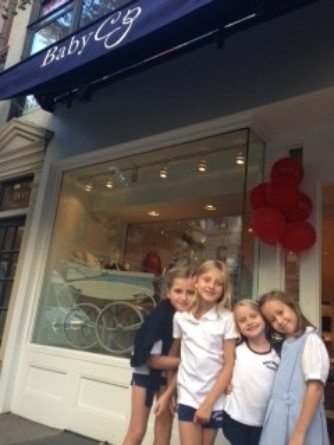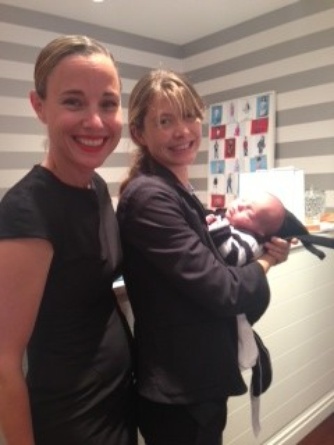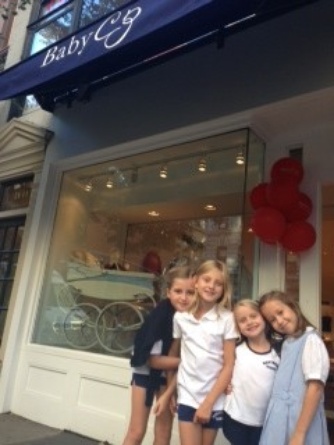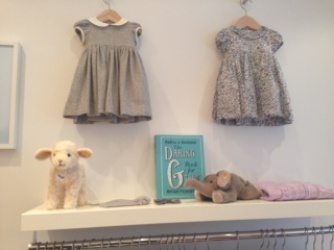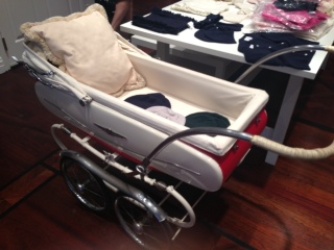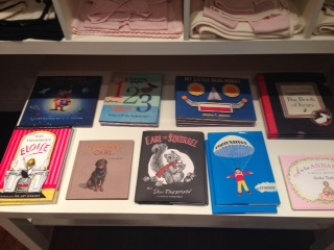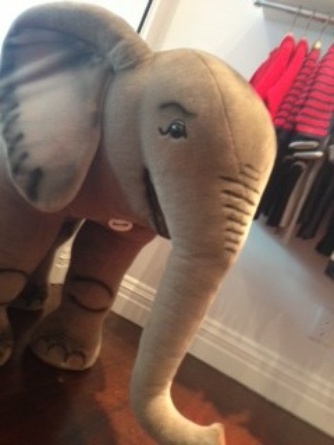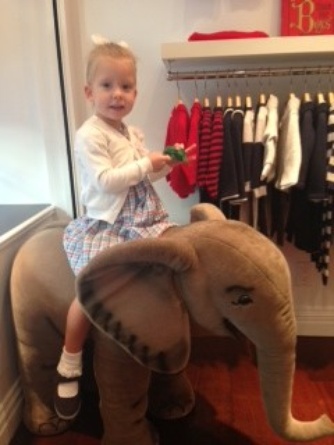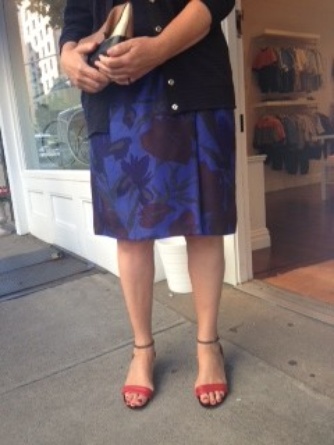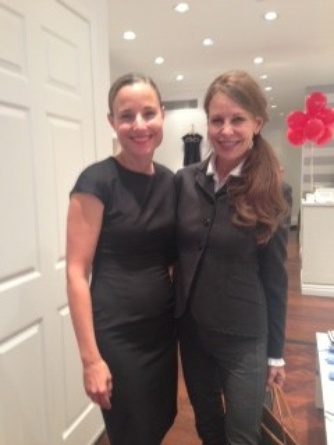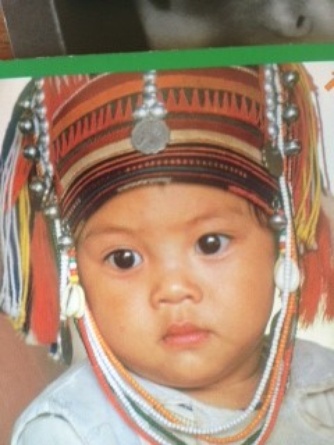Fieldnotes: Baby CZ Opening and Childhood on the Upper East Side
The Manhattan tribe I study lives in a state of ecological release. Basically, that means life is good. As is the case for the fortunate of the industrialized world, subsistence is a given — my tribe are not struggling to get enough calories for themselves and their kids to avoid starvation, not by a long shot. They are not at war (even when their country is). There is little competition for abundant resources. And they face no predators (now that Bernie Madoff is in jail).
Life history theory tells us that in such environments and under such circumstances, parents are able to invest heavily in their offspring. Beyond just provisioning our children, we lavish them with love and attention and affection in most cases. Particularly in cultures where the birthrate is low, there is broad social support for parents and celebration of children. In many towns in Spain, for example, where birthrates are at historic ebbs, you will find boy and girl babies alike turned out splendidly in ruffles and lace, propped up in their strollers for a nightly proud display in the plaza mayor. This promenade is an every-evening opportunity for entire communities to admire and feel invested in "their" children. Similar baby stroller displays take place in small towns in Greece and Italy where birthrates are also extraordinarily low.
I thought of the value we place on children, how we raise them, and how childrearing practices are a telling lens onto a culture when I did some recent fun fieldwork — attending the opening of Carolina Zapf's store, Baby CZ, on the Upper East Side of Manhattan. To be specific, Baby CZ is located in Carnegie Hill, a boutique (versus chain store)-heavy swath of Madison Avenue (and Park and Fifth and Lexington) that stretches from the high 80s to the mid 90s.
The area is considered quirky (for the Upper East Side) and extraordinarily welcoming of families and mothers of young children. Close to Brick Church School, the 92nd St. Y Nursery School, and Spence, the area is notably relaxed and kid & mom friendly compared to lower Madison (which is all high end designer stores and fancy restaurants where you would no sooner bring a toddler than you would wear Prada from 1999). In Carnegie Hill after school drop off, you will see Lulu Lemon-clad moms having a coffee at Yura. Later they might check out Blue Tree, The Corner Bookstore (yes! an independent bookstore in Manhattan!) or now, Carolina's store. Have a look at the photo album above.
In other childhood news, ISAAGNY (the independent aka private schools association of Manhattan, basically) announced it would junk the ERB, or Educational Records Bureau test. It's about freaking time. All over Manhattan, parents of preschoolers are jubilant. Their kids don't have to take the ERB!! This standardized test, administered to four-year-olds in advance of their parents applying to private school Kindergartens on their behalf, gave us all nervous breakdowns for years. A modified IQ test, it could quash your dreams of Horace Mann and Brearley in the time it takes to say "only the 90th percentile."
So many people were tutoring their kids, the test is no longer a real measure of anything, except how well the kid was coached, school administrators and admissions directors grouse. Probably true, but there's more to the story. "Parents should just calm down," about the test, parents were told. How disingenuous, when so much hangs in the balance. Parents were ruining everything by prepping their kids, one school director even wrote in an educational journal. Really?
You're surprised and disappointed that parents with resources are trying to engineer good outcomes for their kids, and maximize the likelihood that their kids not only survive, but thrive? Then clearly, you know nothing of human evolution.
Further Reading:
Barrie Hewlitt and Michael Lamb, eds., Hunter-Gatherer Childhoods: Evolutionary, Developmental and Cultural Perspectives (Adline, 2005).
Sarah Blaffer Hrdy, Mothers and Others: the Evolutionary Origins of Human Understanding (Belknap, 2011).
The Global Fund for Children, Global Babies (Charlesbridge, 2006).
